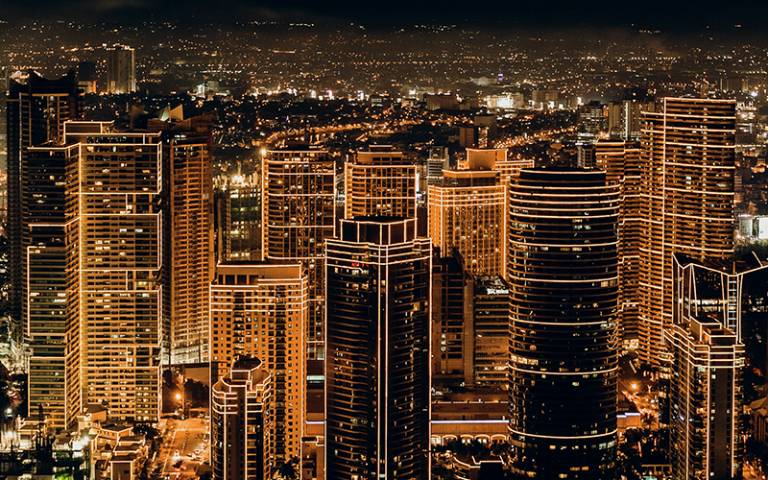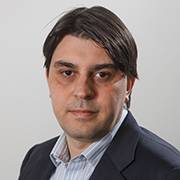Built Environment: from decarbonisation to optimisation
23 April 2024, 10:00 am–2:00 pm

Join us for the inaugural lectures of IEDE Prof Rokia Raslan and Prof Dimitrios Rovas.
Event Information
Open to
- All
Availability
- Yes
Organiser
-
UCL Institute for Environmental Design and Engineering
Location
-
A V Hill Lecture TheatreUCL Medical Sciences BuildingGower StreetLondonWC1E 6BT
Decarbonising the built environment
In response to the climate crisis, the imperative to decarbonise has become a driving force across diverse fields, permeating every corner of modern research, from public health to computational science. This presentation delves into the profound influence of decarbonisation on research within the built environment, tracing its evolution over the years in tandem with emerging social, economic, and political complexities. An exploration of new directions for built environment decarbonisation research, in particular in regard to complex and under-researched segments of the built environment, and its pivotal role in shaping our collective progress, prospects and future prosperity will be discussed.
Building digital twins: how data and digitalisation can improve energy efficiency and resilience in buildings
The digitalisation of energy efficiency is becoming an essential topic in the context of climate change and resilient building operations. The IEA Energy Efficiency Report recognises the importance of data and digitalisation to reshape the entire energy system. The presentation will reflect upon what a building digital twin is, its various manifestations, and how such digital twins can support objectives across different phases of a building’s life cycle. The presentation will present examples of digital twins for an effective operation and the technologies needed to deliver these technologies at scale. The talk will discuss how digital twins are constructed and delivered, focusing on the role of semantic web technologies and data integration platforms.
About the speakers


Accessibility
An access guide to Medical Sciences, A V Hill Lecture Theatre 131 can be found on AccessAble.
About UCL Institute for Environmental Design and Engineering
Our mission is to help cities and governments adapt and transform to tackle the climate crisis, and create equitable and inclusive spaces where people can live healthy and fulfilling lives.
We provide evidence and expertise to inform and support decision-making and enable transformative change.
We create a deeper understanding of the interactions between the built environment and health, human wellbeing, productivity, energy use and climate change.
 Close
Close

